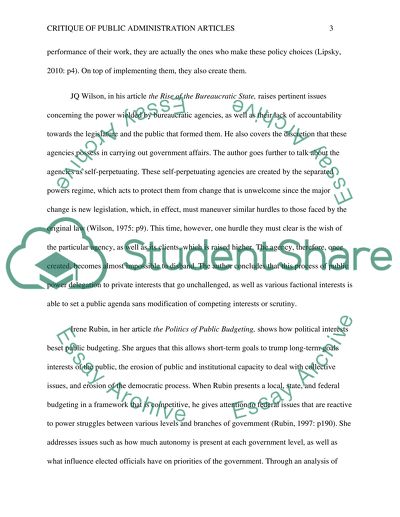Cite this document
(“Critique of Public Administration Research Paper”, n.d.)
Critique of Public Administration Research Paper. Retrieved from https://studentshare.org/politics/1469146-critique-of
Critique of Public Administration Research Paper. Retrieved from https://studentshare.org/politics/1469146-critique-of
(Critique of Public Administration Research Paper)
Critique of Public Administration Research Paper. https://studentshare.org/politics/1469146-critique-of.
Critique of Public Administration Research Paper. https://studentshare.org/politics/1469146-critique-of.
“Critique of Public Administration Research Paper”, n.d. https://studentshare.org/politics/1469146-critique-of.


